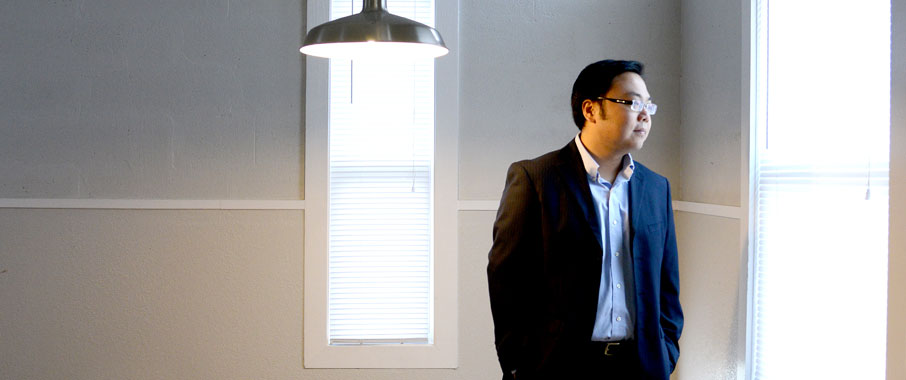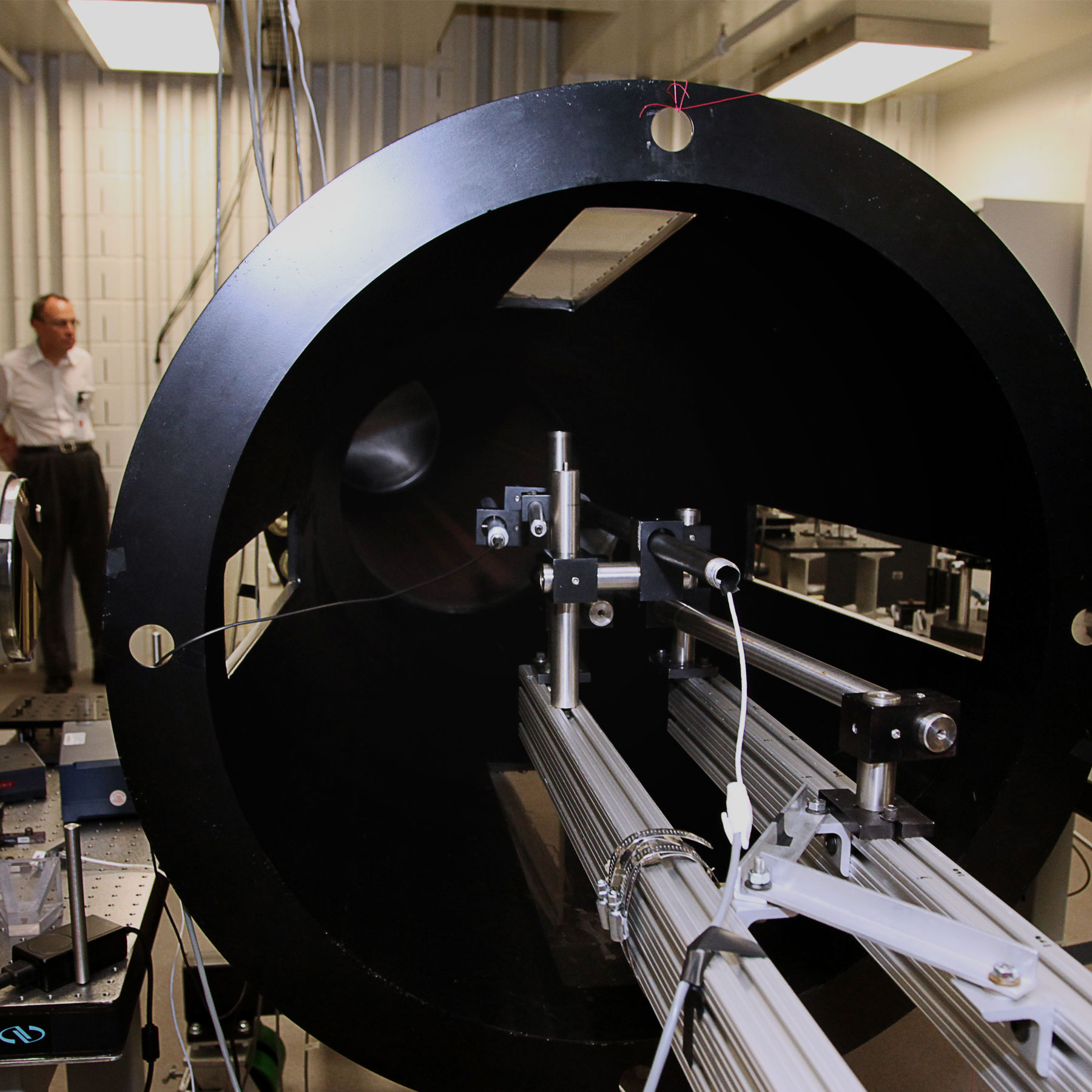


For the first time in its history, The University of Texas at San Antonio (UTSA) has been invited to participate in an International Energy Agency (IEA) project along with many of the world’s top research universities. College of Engineering mechanical engineering assistant professor Bing Dong has been invited to lead a study that will set an international standard for measuring energy-related occupant behavior in buildings.
Adjusting the thermostat, switching lights on and off, opening and closing windows, pulling up and down window blinds and moving between spaces are all energy-related occupant behaviors that have a real impact on how much energy a building uses.
”I have always been interested in energy consumption in buildings, especially for the past 11 years,“ said Dong. ”Buildings make up nearly 40 percent of total U.S. energy consumption. If car emission and building energy consumption grow at the same pace, and if we can save 47 percent of building energy consumption, that is equivalent to taking all the cars off the road forever.“
According to the IEA, different groups from all over the world are conducting occupant behavior research; however, to date, the researchers have not used a common occupancy behavior model, which has caused their results to vary greatly. The IEA project will bring the world’s leading researchers together to define and simulate occupant behavior in a consistent and standard way in order to solve a problem that every country faces.
”I feel very proud to be leading this project because it involves many top universities from across the world,“ said Dong. ”Being invited to contribute to an IEA project symbolizes that UTSA is truly a top-tier research institution.“
With funding from the UTSA Department of Mechanical Engineering and the Texas Sustainable Energy Research Institute at UTSA, Dong and his team will lead the project’s first research objective: to provide a standard definition and simulation methodology for occupant movement within buildings.
Using a complex network of infrared sensors that detect movement coupled with sensors that monitor energy consumption, Dong has developed software that captures and transfers information every five minutes into a database. The database allows him to see patterns in energy consumption in commercial and residential buildings. His test beds will include one wing of the Applied Engineering and Technology building on the UTSA Main Campus and four residential houses in West San Antonio designed for low-income residents by UTSA architecture graduate students under the direction of professor Taeg Nishimoto.
Dong’s model of tracking and measuring occupant movement will be used as the standard by which the other participating groups in the IEA project conduct their research over the next four years. In the end, this collaboration will create an international standard for measuring occupancy behavior as it relates to building energy efficiency.
The four-year project involves 23 countries, 53 universities, national labs and architecture companies including Harvard University, Carnegie Mellon University, Rutgers University, Purdue University, the University of North Texas, the University of Alabama, Lawrence Berkeley National Lab and Autodesk Inc.
”There are a lot of advantages working with such a large and diverse group of researchers,“ said Dong. ”For example, I am working with world experts in this area and I feel I can learn a lot from them. In addition, the methodologies and results will be shared among the countries involved so that everyone is on the same page, having the same goal.“
The IEA is an autonomous organization that promotes reliable, affordable and clean energy for its 28 member countries and beyond. The IEA’s four main areas of focus are energy security, economic development, environmental awareness and engagement worldwide.